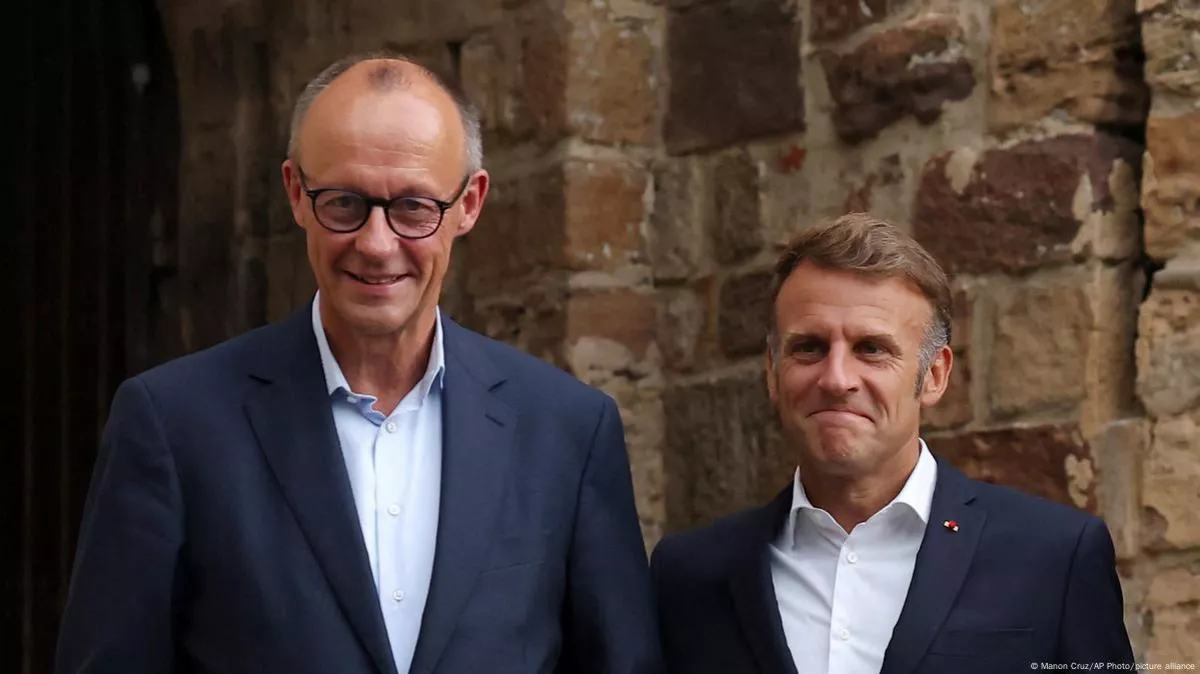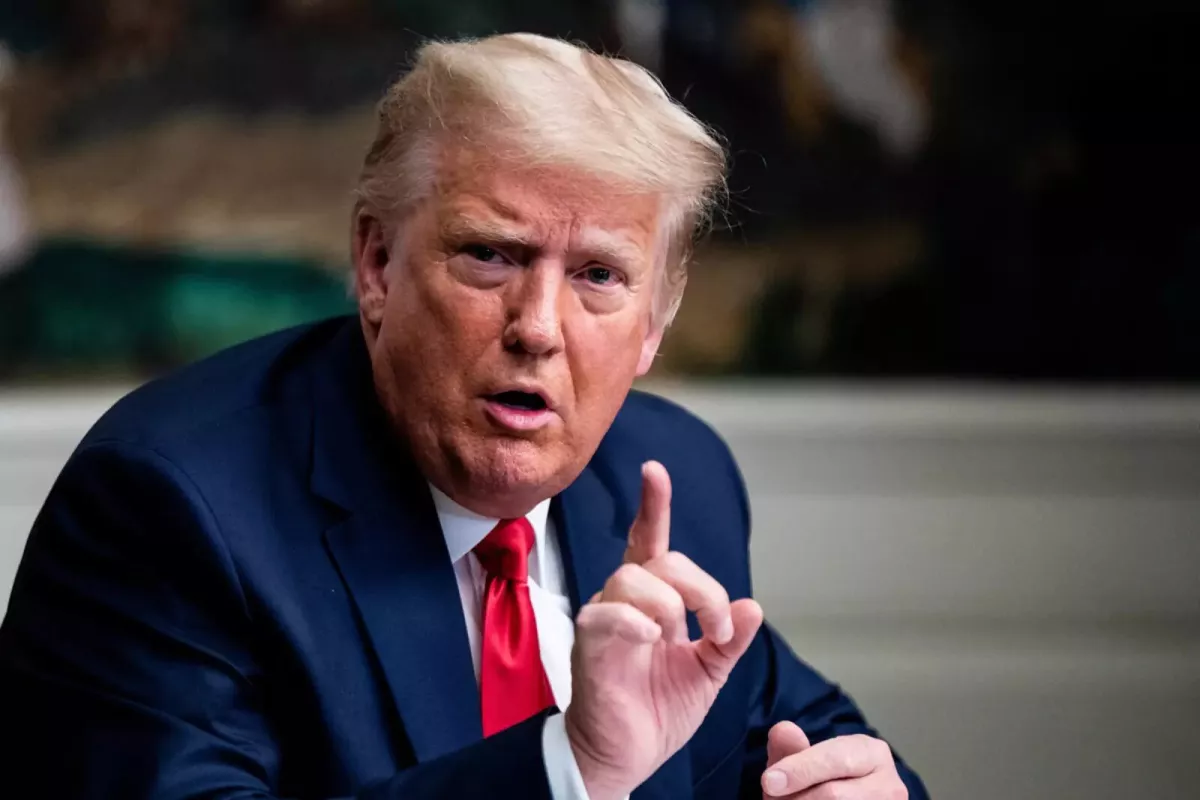Fresh partnership or relic of past? Franco-German reset
The latest buzz from Western news agencies is the call for a "reset" — this time regarding the Franco-German "friendship for centuries." Rather than diving into historical debates, let’s simply note that this phrase has been making the rounds for over a day now.
Some media outlets are enthusiastically highlighting the confidence of French President Emmanuel Macron and German Chancellor Friedrich Merz, who believe that a "successful reboot" of Franco-German relations "could become a driving force for strengthening the European Union." Paris and Berlin have agreed on a "new chapter" in their cooperation.

According to Macron, the "current Franco-German tandem is perfectly coordinated," which, in his view, should help build a stronger Europe not only in the areas of economy, trade, and currency, but also in terms of political power asserting its geopolitical positions.
Merz went even further, calling Germany and France the main "axis" of the European Union, which, if united with all 27 member states, would become a global power both in political and economic terms, as well as in the field of security. According to him, Berlin and Paris play a central role both within the EU and across the entire European continent.
This raises a valid question: how will London, or perhaps Rome, respond to the bold statements from Merz and Macron? Is the unity of all EU members, as emphasised by Paris and Berlin, really achievable? After all, hasn’t it been clear over the past few years that this unity is lacking within the EU itself?
But perhaps the more important question is this: do the leaders of France and Germany truly believe in their "destiny" as Europe’s political driving force, especially when both countries are currently grappling with significant internal challenges?
As Caliber.Az noted just a few days ago, Chancellor Merz acknowledged that “the welfare state in its current form can no longer be financed given our economic situation.” In this regard, he stressed, a “fundamental reassessment” of the benefits system for German citizens is required against the backdrop of sharply rising expenditures.

In France, Prime Minister François Bayrou, who decided to put a vote of confidence in his government on September 8, once again led the country to the brink of political paralysis, intensifying the threat of a financial-economic crisis. Bayrou has repeatedly warned that the country is facing a looming debt crisis, and the authorities are not prepared to implement an unpopular budgetary austerity measure of nearly 44 billion euros.
The situation has reached a point where, according to the head of the French Ministry of the Interior, 54% of the country's national debt is held by foreign creditors. This means that "the economic problem is turning into an issue of national independence and sovereignty."
Most experts agree: the new surge of geopolitical "fraternity" between Paris and Berlin is driven not by external factors. In other words, Merz and Macron are doing everything they can to distract their own citizens from internal issues, shifting the focus to foreign policy matters.
But have the current leaders forgotten that Macron, and before Merz, his predecessor Olaf Scholz, have already attempted such a strategy multiple times, especially ahead of elections? And don’t they remember how those attempts to "take the spotlight" on the international stage ended, especially when facing serious internal upheavals?
Many observers are asking: do the citizens of France and Germany believe in the strength of their leaders (if not in the strength of their countries themselves)? This is far from a trivial question. After all, the Franco-German tandem, along with other leading European nations, has largely failed to fulfill the promises made to Kyiv. They give promises, then withdraw—whether it's the Taurus missiles or other commitments.
Right now, the focus is mainly on discussions about potential peacekeeping forces in Ukraine. At the same time, both Berlin and Paris openly acknowledge that without the US, any security guarantees for Ukraine would be meaningless. In other words, both countries are still relying on the American security umbrella, even if they’re reluctant to say it out loud.
But is it really necessary to say it? After all, everyone can clearly see what’s happening on the transatlantic front. First, Brussels agrees to unfavourable terms in order to avoid a trade war with the US.

Then, the leaders of key EU countries practically stand at attention as they listen to the decisions of the US president regarding the Russia-Ukraine issue. So, where is the independence of the European continent, and where is Macron's advocated idea of European strategic autonomy?
Thus, all these enthusiastic statements from the official Paris and Berlin about a "reset" in relations are largely propagandistic, aimed at boosting the approval ratings of the leaders of the two countries within their own nations. Experience from previous years shows that such moves not only fail to achieve this goal, but often lead to the opposite result. Perhaps someone from Macron’s or Merz’s inner circle will remind them of this.








